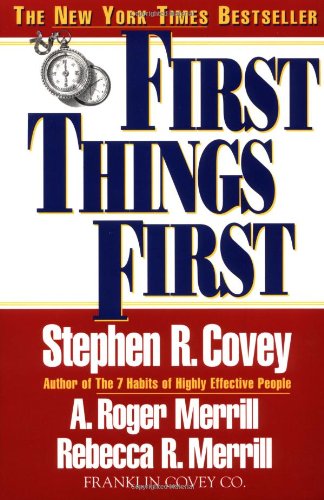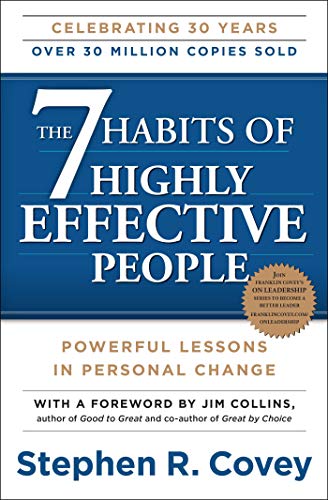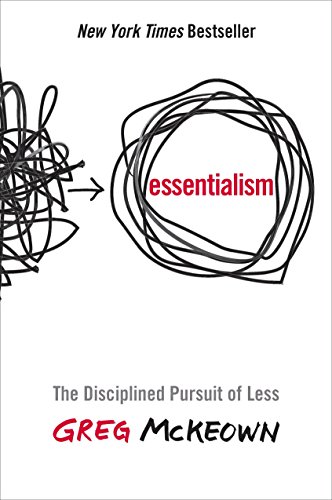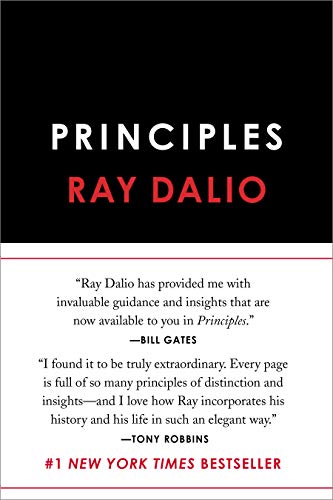#26: Q&A with Justin Batt (Author + Founder of Daddy Saturday) - Intentional Parenting
Have you read the book Daddy Saturday?
About a month ago I picked it up and finished it in 48 hours. Not only did the book convict me as a parent, but it also inspired me to do better and equipped me with practical tools to be more engaged with my daughter.
After the book impacted me, I reached out to the author, Justin Batt, and asked him to come on my podcast. He generously agreed, and today I’m excited to bring you that interview!
As you will see, Justin has a lot of wisdom about parenting and is just an all-around inspiring guy. He’s a husband (his wife is an entrepreneur and runs a successful bridal boutique in Charleston, SC), a father of 4, and the Founder and Chief Dad Officer (as Justin likes to say) of Daddy Saturday and the Daddy Saturday Foundation, which is a movement all about intentional parenting and engaging your kids (which sounds simple, but it can be tough in a busy world). Even if you’re not a father, the principles Justin teaches may challenge the way you think about time and help you turn the mundane into more meaningful moments.
Daddy Saturday started in Justin’s backyard and is now an international movement. With an ambitiously awesome goal to impact 10 million fathers in the next 10 years and eliminate fatherlessness, Justin travels internationally and around the US (including speaking at TEDx) inspiring fathers to be more engaged. It’s important to note that when Justin refers to fatherlessness, he isn’t just referring to children without fathers; he is also talking about fathers (like me at times) who are physically present, but mentally or emotionally absent.
Somehow, Justin does all of this when he’s not at work. In addition to being a highly sought after business advisor and healthcare consultant, he is also the President of Growth and Revenue for Kameleon Partners, LLC, the global leader in Life Sciences Account Management and Electronic Health Records Enablement. Justin also has a retail startup that ranks in the top 10% of U.S. businesses, and he is a partner in the real estate app ZoomOffers.
Consistent with the principles he teaches, Justin competes regularly in Spartan obstacle course races and has inspired his kids to join him for the challenge. Check out Justin’s interview on the Spartan Up podcast, hosted by Joe De Sena, the Founder and CEO of Spartan Race.
“Justin understands that challenging kids to step outside their comfort zones will help them overcome all of life's obstacles. His views and practices on intentional parenting will make our kids better humans and set them up for success.” Joe De Sena, Founder and CEO of Spartan Race
I hope you get a lot out of this interview. I know I sure did Let me know what you think in the comments below!
Also, a special thank you to my good friend Ryan Brence for contributing to the content and questions in this episode. I sincerely appreciate Ryan’s assistance and couldn’t do this without his encouragement and support.
Connect with Justin and get updates on Daddy Saturday here. You can also subscribe to the Daddy Saturday podcast.
Subscribe to this podcast on: Apple Podcasts | Google Podcasts | Spotify | Stitcher
You can also follow Intentional Living and Leadership on Facebook.






























